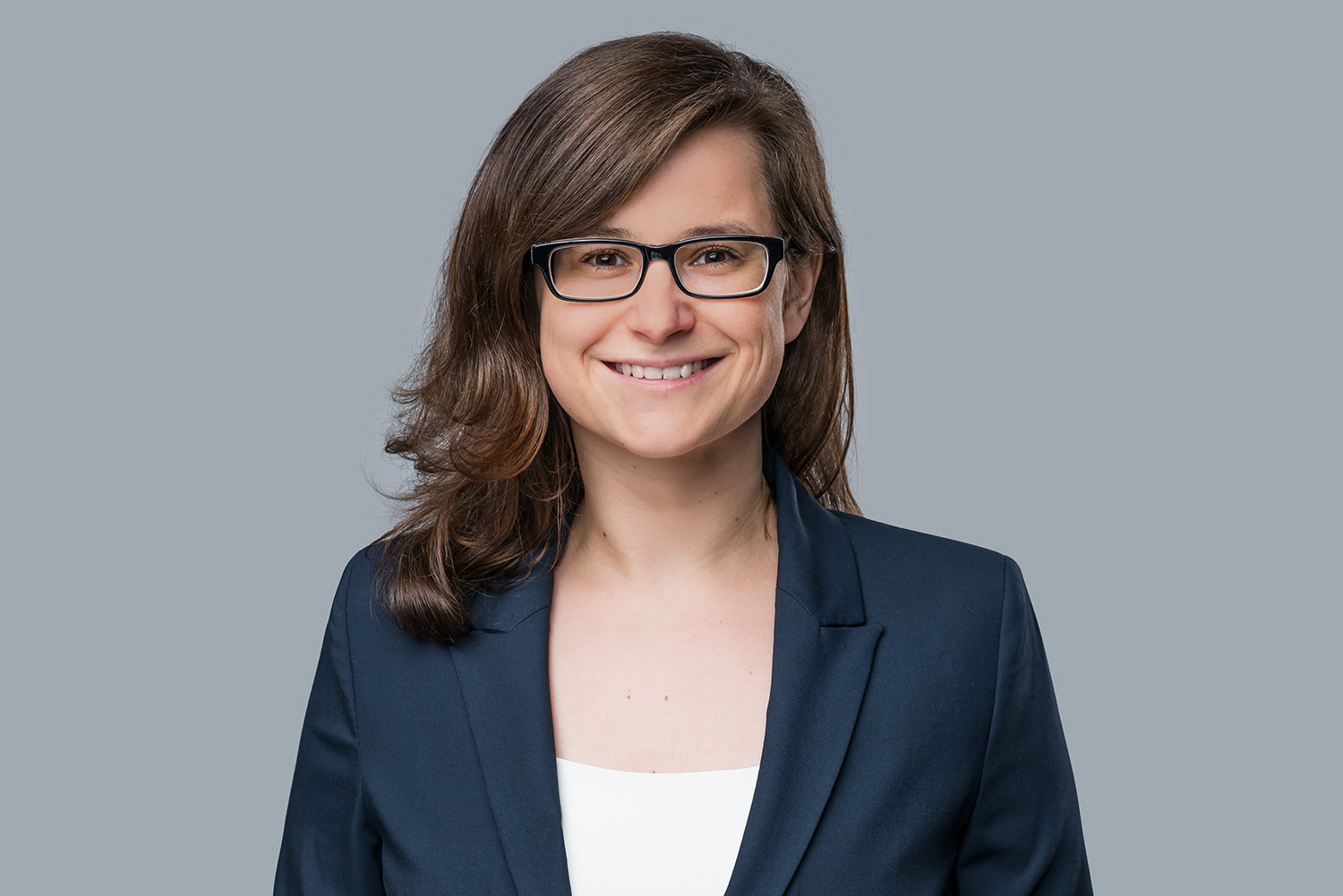
Source: Anke Kabelitz
"Be open to people other than just your group and research colleagues. Think outside the box."
Do you already know which career path is right for you? Do you know how to get there and which steps are up next? The BAM career fireside chats series invite alumni and other partners of BAM to an informal chat focusing on their career paths. Developed for BAM’s early career scientists, this series aims to help PhD students and postdocs figure out which career path would be best suited for them. We invite a wide range of professionals from different sectors, including science, industry and the public sector. Additionally, we aim to include different professional backgrounds. We ask our guests about their experiences and invite the audience to ask questions.
What was your doctoral project at BAM about?
I was interested in understanding of formation and dissolution processes of iron oxide nanoparticles and Aluminium oxo cluster. I worked in the framework of the Collaborative Research Centre (CRC) 1109 „Understanding of Metal Oxide/Water Systems at the Molecular Scale: Structural Evolution, Interfaces, and Dissolution “, which was funded by the DFG (Deutsche Forschungsgemeinschaft). I used time-resolved investigations, which rest largely on X-ray based analysis techniques, to identify short-lived intermediate phases directly under realistic condition. Time-resolved investigations were done using an acoustic levitator as sample environment at the BESSY II Light source. With this setup it was possible to combine up to 2 different analysis techniques to simultaneously obtain information on size and phase composition of the formed species.
What special memory/experience as a doctoral candidate and postdoc at BAM did you take with you? What skills and competencies that you have acquired during your time at BAM are essential for your current job? Which are useful?
I really enjoyed the great group life and atmosphere in Franziska Emmerling´s research group. Additionally, the measuring time at BESSY II (at least 6 weeks per year) and at the other synchrotrons showed me how important team play and being patient is to reach my own goals and to support my colleagues to reaching theirs. I have learned to persevere, as not every experiment works straight away. I also learned how to solve problems that often occur during a short measurement period and how to improvise. This has taught me to be prepared for my work at First Sensor. Every day is different, and it is important to find a solution in a short time so that production can continue. The knowledge of the various analytics that I learned at BAM also helps me in my new job, where I am also the contact person for external material analyses.
Do you have a career tip for ECR?
Be open to people other than just your group and research colleagues. Think outside the box. If you don't want to stay in academia and aren't sure about your own plans, look into “Coaching”. It helped me a lot to find my way.
Are you a former BAM researcher? Did you work at BAM while pursuing your Ph.D.? Did you partner with BAM on a research project?
Stay in touch with BAM by joining the Alumni@BAM network! Simply register online here.


